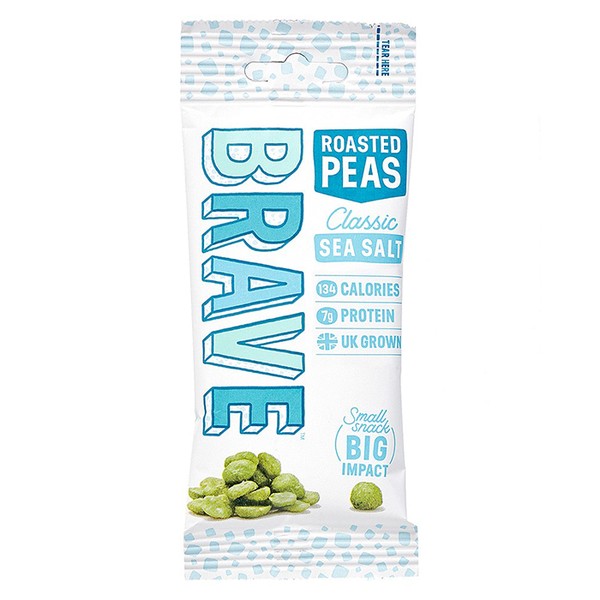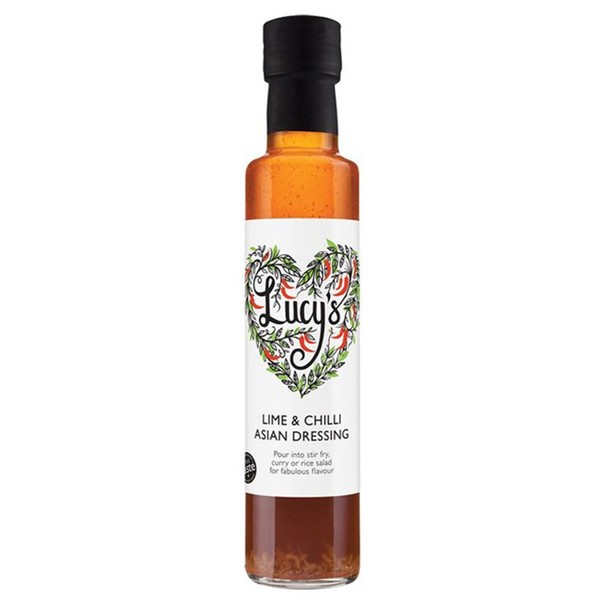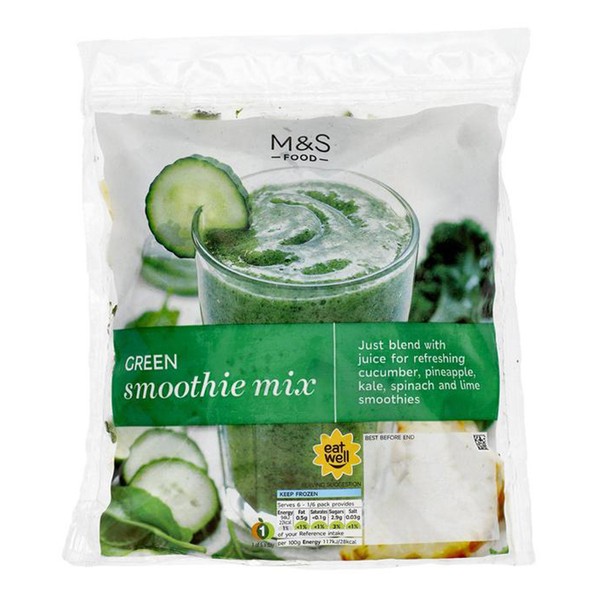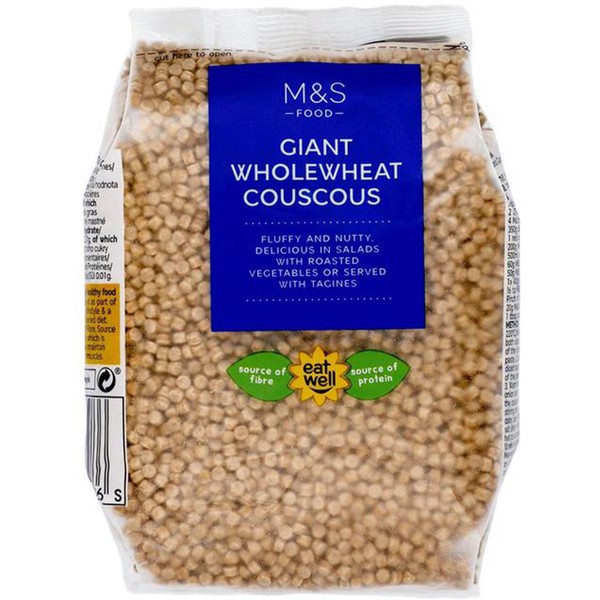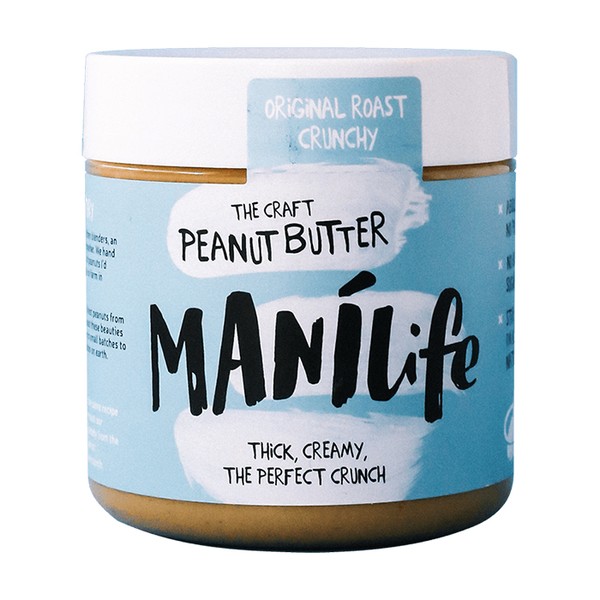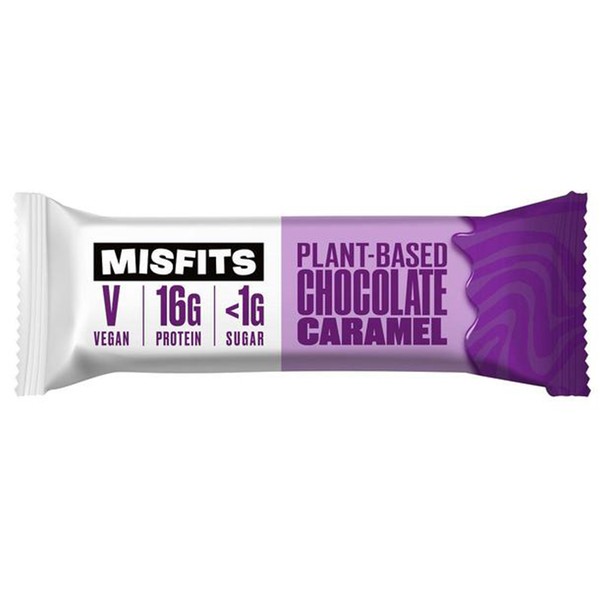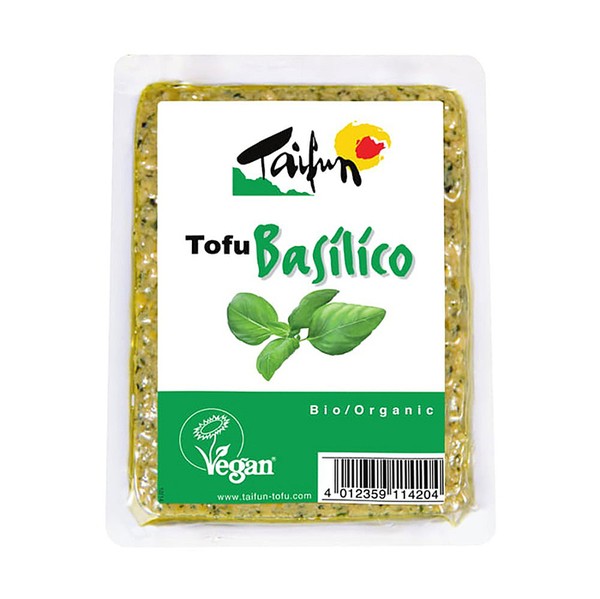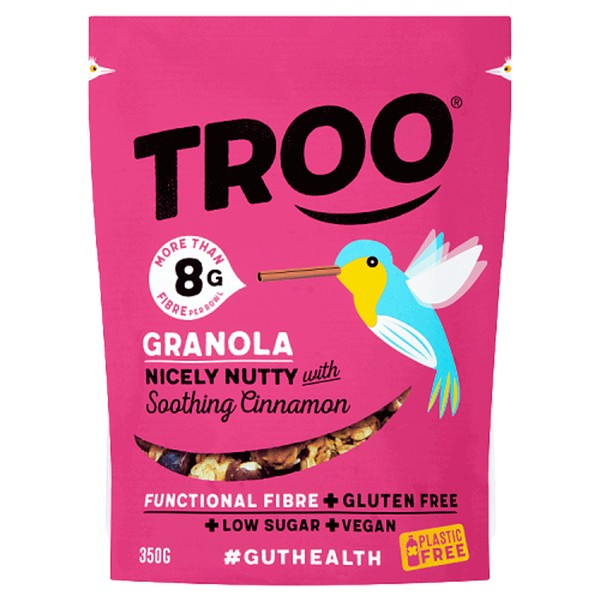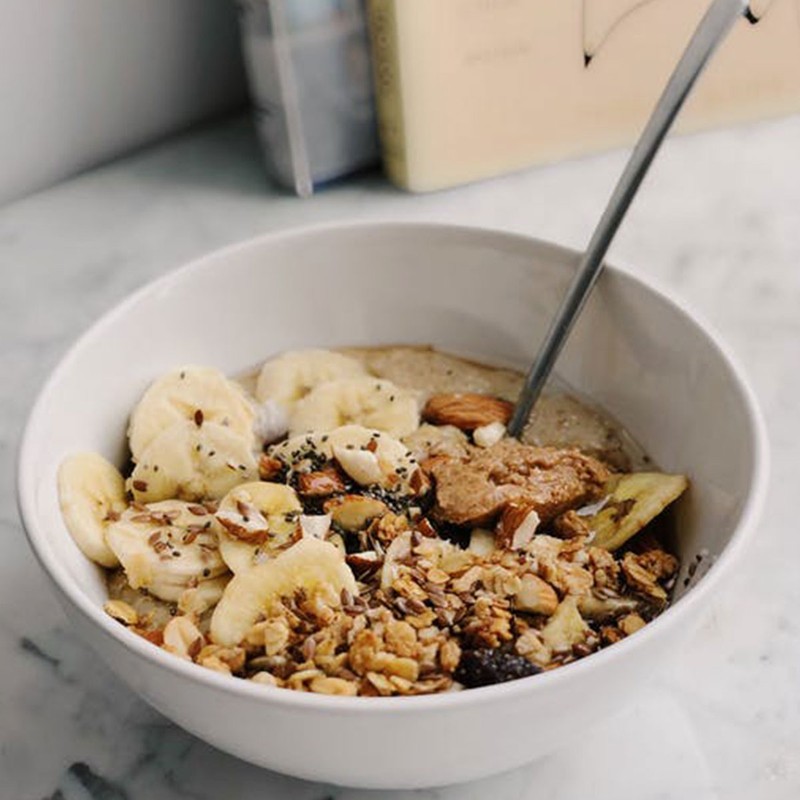
Foods That Aren’t As Healthy As You Think

Yasmin Alexander, nutritional therapist
Low-Fat Yoghurts
“When fat is removed from a product, sugars are usually added to compensate. When reading yoghurt labels, it’s always better to read the ingredients list and look for sugars or sweeteners under their different names, as yoghurt will naturally contain lactose, the sugar found in milk products. Instead of low-fat flavoured yoghurts, go for plain natural or Greek yoghurts which are not low fat and flavour them yourself with your own fruits or fruit purees and spices such as cinnamon. The fat that is found within dairy products such as yoghurt has actually shown to be beneficial to our health, and contributes to increased satiety.”
Honey
“A product sweetened just with honey may sound healthy, but honey is still classed as a source of ‘added sugar’ as it is not found within foods naturally. Although it may be from a more natural source, the body still processes it in the same way as sugar. You may have heard that honey contains more nutrients, however there are negligible amounts of added vitamins, such as some B vitamins, and you would have to consume buckets of honey for the amount you may find in a serving of chickpeas, for example. Try to use honey sparingly, as you would sugar, and use fruits such as bananas or stewed apples to add sweetness when baking.”
Cereal Bars
“Cereal bars may be a convenient breakfast option, but most of them are far from healthy. Many brands on the market are high in sugar and the majority are coated in chocolate, sweetened yoghurt or caramel. Instead, make your own breakfast bars at home using oats, mashed banana or applesauce, spices and some chopped nuts or nut butter.”
Salad dressings
“Salad dressings can add multiple processed ingredients to an otherwise extremely healthy meal. Most commercial salad dressings, as opposed to homemade varieties, are loaded with artificial ingredients such as thickeners, sweeteners and added sugars. Don’t be sucked into the ‘fat free’ healthy salad dressing trap, as these types of dressing are often the ones loaded with added sugars. Instead, go for more natural dressings to spruce up your salads such as extra virgin olive oil, olive oils infused with chilli, garlic, basil or other herbs, balsamic vinegar, homemade pesto or some Dijon mustard.”
Granola
“Many shop bought granolas are packed with added sugar, and contain very little protein. This can spike your blood sugar levels and leave you feeling hungry and grumpy just an hour or two after consuming them. It’s vital you read the ingredients – a proportion of the sugar found may come from dried fruit, so may not be all added sugar, but still watch out for the grams of sugar per portion. Look for granolas that are only sweetened with dried fruit such as raisins, dates and black treacle – such as Lizi’s, Bio & Me and Troo – and avoid granolas where the first or second ingredient is sugar or honey.”
Visit NutritionByYasmin.com

Ellie Woodhouse-Clarke, nutritional therapist and wellness expert
Smoothies
“Shop-bought smoothies may seem like a healthy choice, but are usually made with high quantities of fruit, meaning the sugar content is extremely high – sometimes as much as 40g of sugar per serving. What often isn’t made clear on the labelling is that one regular-sized bottle is actually two servings, and that although they may contain vegetables and other superfoods, these make up a very small percentage of the ingredients. When making your own smoothie, try to use vegetables as a base, using a small amount of fruit to gently sweeten.”
Protein-Enriched Products
“Protein powders, snack bars and balls aren’t as nutritious as they appear. Protein content is often matched with undesirable quantities of sugar, saturated fat, artificial flavourings and a high calorie load, so it’s really important to take a look at the label to determine the true quality and nutrient value of a product. If you’re looking for a protein-rich snack, try making your own – paprika roasted chickpeas, chia seed protein balls and hard-boiled eggs are all great options.”
Nut Butters
“Nut butters are a tasty addition to a bowl of porridge or afternoon snack, offering a boost of protein, healthy monounsaturated fat, fibre, vitamins and minerals. Whilst some nut butters are made from 100% nuts, there are many that are made with additional sugar, salt and oil to enhance flavour and texture. If nut butters are a staple in your weekly shop, opt for brands that use 100% nuts such as Manilife or Whole Earth. It’s also important to be wary of how much you’re consuming due to the fat content – one to two tablespoons per day is plenty, which is equivalent to a small handful of nuts.”
Visit EllieClarkeWellbeing.com

Donia Hilal, nutritionist from Personalised.co
Vegetable Crisps
“Crisps made from vegetables may sound healthy, but veggie chips aren’t much healthier than potato chips as they have a high sodium and saturated fat content. For example, a bag of Tyrrell’s beetroot, parsnip and carrot crisps contain 35.7g of fat per 100g, which is 14.28g in a 40g bag. A Krispy Kreme Original Glazed doughnut contains 8.3g of fat, which is almost 6g less. In the same way you treat regular potato crisps, eat vegetable crisps in moderation. Alternatively, you can bake your favourite vegetables at home in crisp shapes to enjoy without guilt.”
Dried Fruit
“As a snack, dried fruit is great for boosting your intake of fibre, antioxidants and other nutrients. However, it’s easy to eat large amounts in one go, and excessive intake means you will be consuming large amounts of calories and sugar, which can contribute to obesity, heart disease, type 2 diabetes and high blood pressure. Some dried fruit is even coated with sugar or syrup before it is dried to make it more appealing. Always read the nutritional information on the packet and stick to the recommended portion size of 30g.”
Couscous
“Couscous isn’t bad for you, but it’s probably not as good for you as you think. Although couscous looks like a grain, it’s technically a tiny pasta made from either barley or wheat. If you routinely opt for couscous over true grains, you’re missing out on antioxidants, calcium, potassium, vitamin B6 and other vital minerals needed for your diet. Switch to a healthier whole grain such as quinoa or opt for whole-wheat couscous.”
Visit Personalised.co

Jennifer Irvine, founder of The Pure Package
Fruit Infused Waters
“Water that has been infused with the flavours of fresh fruit is good for you in that it will increase your hydration levels. However, many of the health claims of fruit infused waters are attributed to the water itself rather than the ingredients it is flavoured with. You don’t actually get many nutrients from the ingredients in fruit water, especially when compared to eating them in their whole form. If you find drinking water boring, the fruit flavour may make it more palatable and sway you away from sugary sodas but the better option is to drink plain water and eat a piece of fruit.”
Meat Substitutes
“As the drive towards a more plant-based diet continues to grow so too does the number of meat substitutes on our shelves. When you reach for that packet of vegan sausages, burgers or meatballs make sure you check the label. Shop-bought products are often high in additives, salt and preservatives and while they can be enjoyed once in a while, I wouldn’t advise eating them too often. Instead consider pulses and grains such as chickpeas, quinoa and lentils, and tofu and tempeh.”
Sports Drinks
“We’ve all been told we need to stay hydrated when we exercise and specialist sports drinks claim to do a better job of preventing dehydration and even improve athletic performance. If you are extremely athletic, a small amount maybe beneficial to boost electrolytes. But the vast majority of sports drinks users don’t do anywhere near this level of exercise and instead end up loading up on sugar, sodium and calories leading to weight gain. Unless you’re a professional athlete or training for a marathon, sports drinks may not be for you.”
Visit ThePurePackage.com
Give your cupboards a health boost with our pick of the best products…
DISCLAIMER: We endeavour to always credit the correct original source of every image we use. If you think a credit may be incorrect, please contact us at info@sheerluxe.com.
